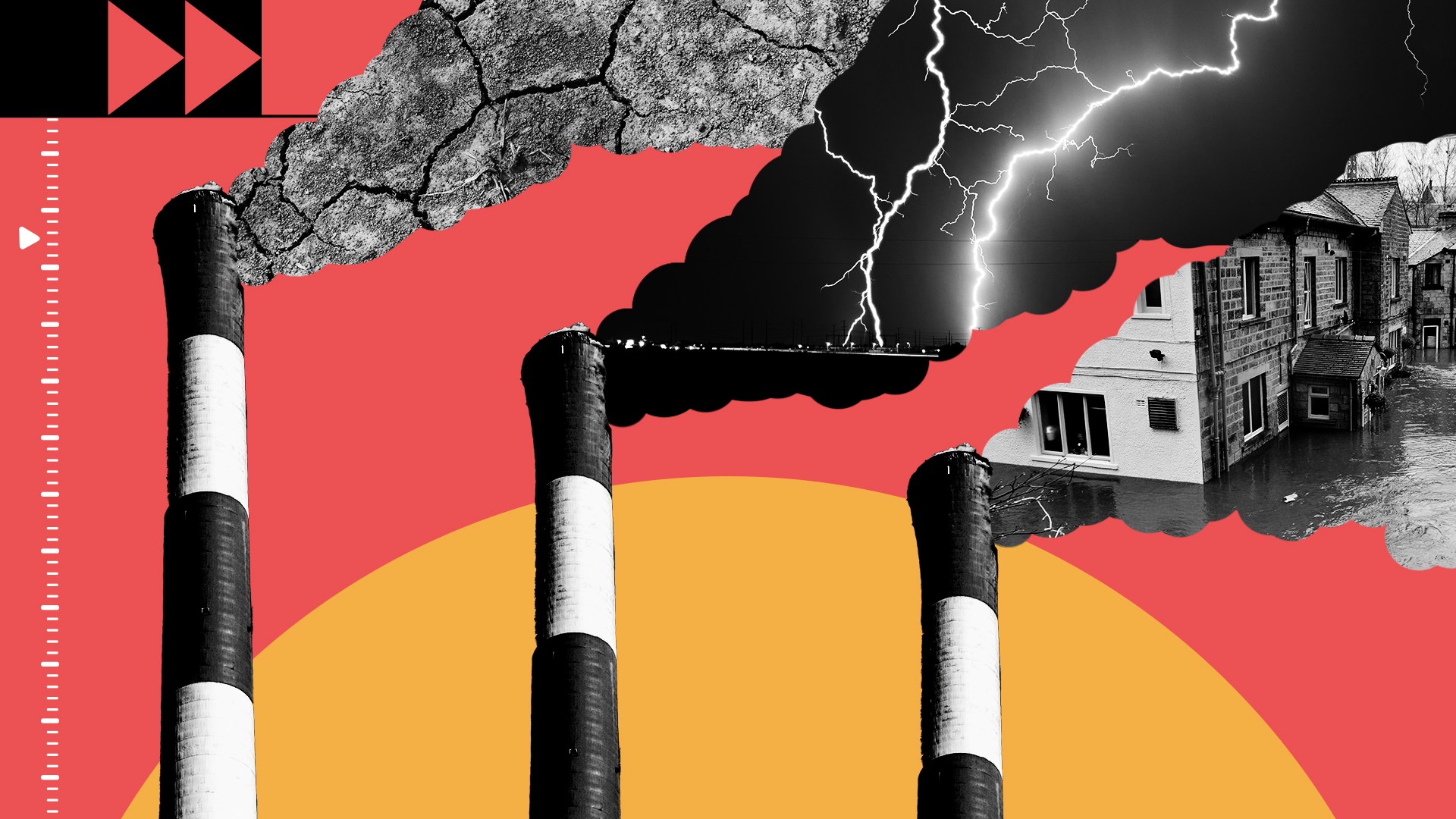On 28 February, the Intergovernmental Panel on Climate Change (IPCC), a United Nations body solely dedicated to looking at the science behind climate change, will release a major report on the impacts of the climate crisis and why it is imperative that we act now to address the growing risks.
The report, which focuses on Impacts, Adaptation and Vulnerability, is expected to detail how climate impacts are already wreaking havoc in every part of the world and how, without much bolder action, more lives will be lost and more livelihoods destroyed. The report will look at challenges and solutions for addressing these risks and minimizing vulnerability unique to the world’s regions, cities and other habitats.
The report’s Summary for Policymakers (around 40 pages), draws information and data from the latest research led by some of the top minds in the fields of natural, social and economic sciences. The Summary distills underlying chapters and is reviewed by the IPCC and member governments during its two-week-long 55th Session.
More than 270 scientists from 67 countries have contributed to the report which is part of a series produced every six to seven years. The current series of reports, formally referred to as the IPCC’s Sixth Assessment Cycle, is the first since the adoption of the Paris Agreement on climate change in 2015 - a global framework for climate policies, solutions and actions.
What do we know about climate change impacts, adaptation and vulnerability? Let’s explore these issues ahead of the launch of the report.

Impacts: the stakes have never been higher
At the opening of the 55th Session of the IPCC, the chair of the Panel Hoesung Lee called the Sixth Assessment Cycle “the most ambitious one in IPCC history,” simply because “the stakes have never been higher.”
Why are the stakes so high? According to the first report in the series, the Physical Science Basis which lays out the state of our climate, the scale of recent changes across the climate system as a whole has been unprecedented over many centuries to many thousands of years.
Today, the world is not on track to avoid extreme climate change. Global warming of 1.5°C and 2°C will be exceeded during the 21st century unless deep reductions in carbon dioxide and other greenhouse gas emissions occur during this decade.
Inaction means more warming that will lead to greater changes in the climate system - including increases in the frequency and intensity of heat waves, wildfires, storms, tropical cyclones, droughts, melting glaciers, snow cover and permafrost, and sea-level rise.
The World Meteorological Organization (WMO) says that more than half of the world’s population, about 4.5 billion people, have already experienced a major weather-related disaster during the past 20 years, meaning lives have been lost, homes decimated, livelihoods destroyed and economies crippled.
Moreover, 2021 was the seventh consecutive warmest year on record, with an average global temperature about 1.11 (± 0.13) °C above the pre-industrial era levels.
Vulnerability: devastating impacts, irreversible damage
“Climate change is already destroying lives, dismantling biodiversity and is detrimental to the future of humanity on this planet,” says Patricia Espinosa, the Executive Secretary of the UN Framework Convention on Climate Change (UNFCCC).
In recent years, numerous reports have delivered shocking messages of devastation, irreversibility and even extinction. The UN’s humanitarian office warned that 34 million people globally did not have enough to eat due to climate extremes, and weather-related disasters displaced nearly 25 million people in 140 countries in 2019 alone.
It is mostly poorer countries and communities that disproportionately bear the brunt of climate change impacts, having contributed very little to the crisis but subjected to risky and vulnerable living conditions. Africa, for instance, contributes 2 to 3 percent of global emissions, but climate change threatens to expose up to 118 million of the poorest Africans to droughts, floods and extreme heat by 2030.
In 2019, the Intergovernmental Science-Policy Platform on Biodiversity and Ecosystem Services (IPBES) warned that an estimated 1 million species of plants and animals are now threatened with extinction, primarily as a result of human activities, and they are deeply impacting the lives of people around the world.
As climate change becomes more widespread, rapid, intense and irreversible, everyone and every ecosystem is vulnerable. Science has proven that if we continue on our current path, we will face the collapse of the resources we need for survival - including food production and food chains, access to fresh water and habitable ambient temperature.
“The impacts of climate change are already very visible. We have seen them happening worldwide,” says Petteri Taalas, the Secretary-General of WMO, adding that there wasn’t a single world leader questioning the scientific facts at the Climate Change Conference in Glasgow in 2021.
“The message has been passed and the message has been heard.”
Adaptation: time to act, not react
Adaptation refers to adjustments in ecological, social or economic systems that can help communities respond to actual or expected impacts of climate change, says UNFCCC.
Adaptation includes a range of solutions unique to distinct challenges, from early warning systems and drought-resistant crops, to redesigning communication systems, business operations and government policies. Improving weather forecasts and early warning systems alone could save 23,000 lives and deliver $162 billion in benefits a year.
The faster the climate changes and the longer adaptation efforts are put off, the more difficult and expensive it could be to implement adaptation efforts. But the world is making slow progress in climate adaptation, says the UN Environment Programme, largely due to the lack of finance. Today, the growth in climate impacts is far outpacing our efforts to adapt to them.
“Acknowledging the evidence is only the first step. We need nations, cities, businesses, investors and every actor to turn this step into a sprint if we are to keep 1.5 °C within reach and help communities and nations adapt to climate impacts,” says Inger Andersen, the Executive Director of UNEP.
https://www.un.org/en/climatechange/ipcc-wgii-report